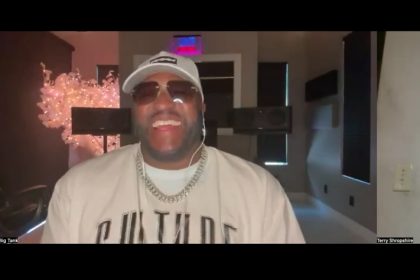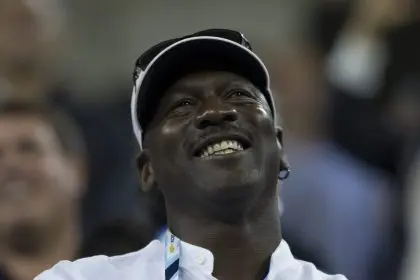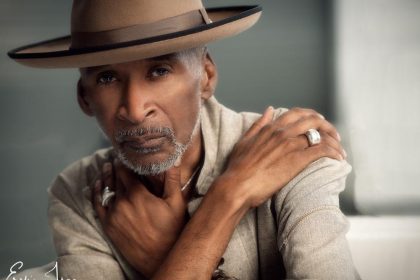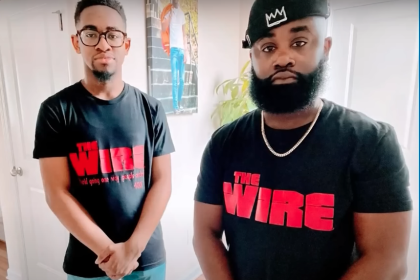After a decade-long journey that began with the original “Power,” the saga of the St. Patrick family has reached its conclusion with the finale of “Power Book II: Ghost.” This series, which has captivated audiences and generated impressive viewership numbers, has left an indelible mark on the landscape of television, particularly within the African American community.
Reflecting on the series
As we bid farewell to “Ghost,” it’s essential to reflect on its evolution and the cultural significance it holds. The show has become a staple of appointment television, engaging viewers with its blend of drama, action, and complex character arcs. Despite its sometimes absurd plot twists, the series has managed to resonate with audiences, particularly through its portrayal of Black characters navigating a world filled with crime, ambition, and moral ambiguity.
Social media buzz: Black Twitter reacts
The finale, titled “Ghost in the Machine,” aired on Oct. 4, and as expected, social media erupted with reactions. Black Twitter was particularly vocal, dissecting character fates and plot developments with their signature humor and insight. For those who missed the finale, the online commentary likely provided plenty of spoilers before the morning coffee was even brewed.
Davis MacLean: The morally ambiguous lawyer
Davis MacLean, portrayed by Method Man, emerged from the series alive, continuing his role as a morally questionable lawyer. Despite his dangerous dealings, viewers were not surprised by his survival. His character’s ability to navigate the treacherous waters of the legal system while representing dubious clients has been a recurring theme throughout the series.
The Tejada siblings: A quest for revenge
The Tejada siblings—Cane, Dru, and Diana—united in their quest for revenge against Noma, who murdered their mother, Monet. This uneasy alliance culminated in a gripping finale where each sibling faced their own unique challenges. Cane is now on the run, Dru is pursuing his dreams as a photographer, and Diana is left grappling with her newfound identity as a potential matriarch.
Detective Don Carter: A corrupt cop’s fate
Detective Don Carter, played by Michael Ealy, is a character whose corruption reached new heights. His fate remains uncertain, leaving viewers questioning whether justice will ever be served in a world where power often trumps morality.
Noma Asaju: The antagonist’s downfall
Noma, portrayed by Caroline Chikezie, was a character that many viewers loved to hate. After committing heinous acts, including the murder of Monet, her demise at the hands of Cane was met with satisfaction. This moment encapsulated the series’ theme of retribution and the consequences of one’s actions.
Brayden and Effie: The price of privilege
Brayden and Effie’s storylines highlight the complexities of privilege and consequence. Brayden, a character who transitioned from a privileged background to a life of crime, managed to escape severe repercussions. In contrast, Effie finds herself trapped in a world she wishes to escape, illustrating the harsh realities faced by many in the drug trade.
Tariq St. Patrick: The legacy continues
Tariq, the central character, has navigated a tumultuous path throughout the series. By the finale, he remains entrenched in the drug world, seemingly unscathed by the chaos surrounding him. His journey raises questions about the lessons learned and the cyclical nature of crime within his family.
Conclusion: A cultural milestone
The conclusion of “Power Book II: Ghost” marks the end of an era for a series that has not only entertained but also sparked conversations about race, morality, and the complexities of life in the urban landscape. As we reflect on the series, it’s clear that its impact will resonate for years to come, particularly within the African American community, where stories like these continue to find relevance and resonance.
As we say goodbye to the St. Patrick family, we look forward to what the future holds for the “Power” franchise and the stories yet to be told.
















